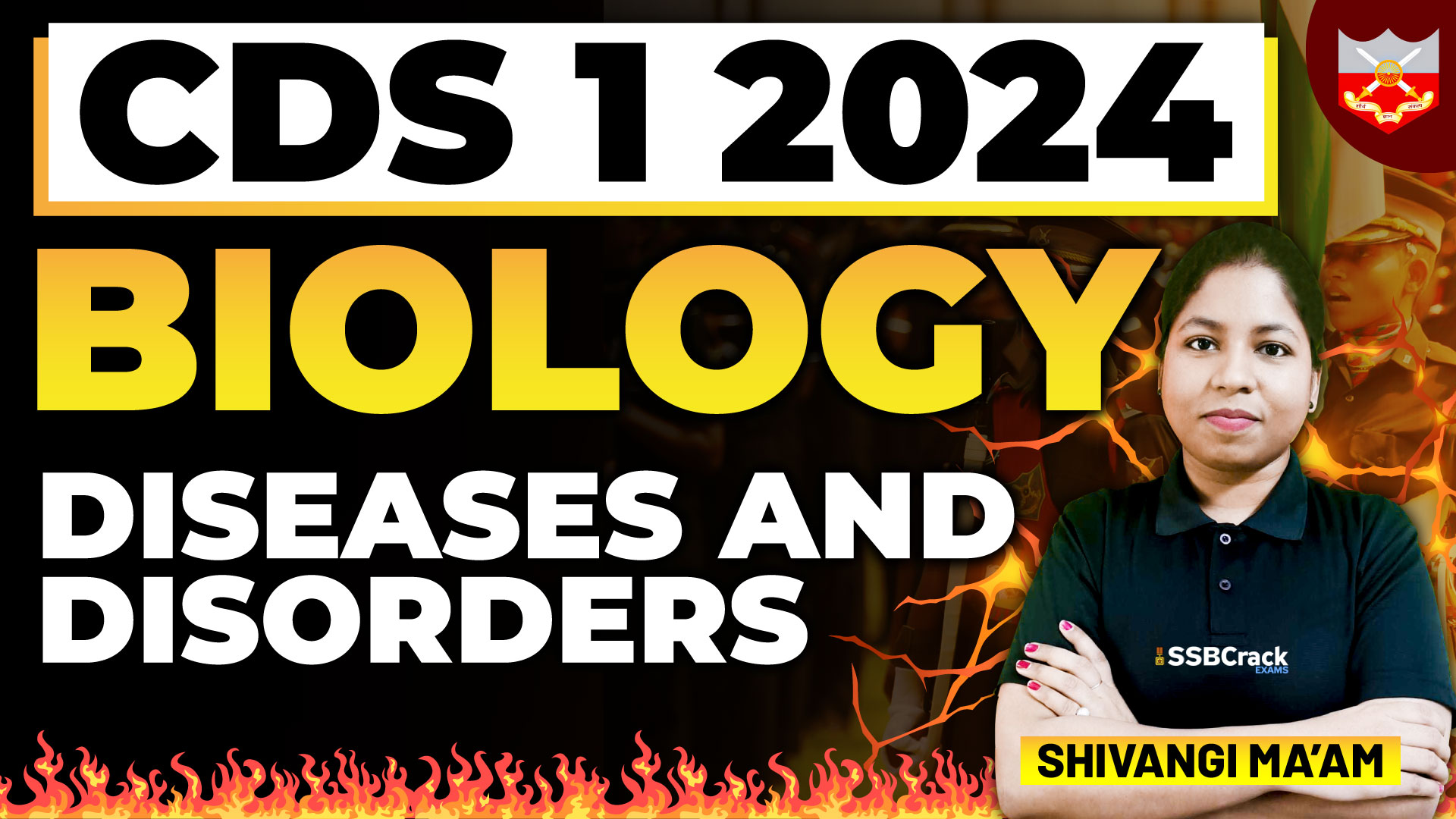The study of biology continually unveils the intricate mechanisms governing life, including the onset and progression of diseases and disorders. The Common Diseases and Disorders (CDS) 1 2024 lecture, a cornerstone in biology education, delves into the fundamental understanding of prevalent health issues afflicting humanity. This article synthesizes the key insights from the lecture, shedding light on common ailments and their underlying biological principles.
Understanding Common Diseases and Disorders: The lecture commenced by elucidating the distinction between diseases and disorders, emphasizing their multifaceted nature rooted in biological, environmental, and genetic factors. From infectious diseases like influenza to chronic conditions such as diabetes, a diverse array of ailments was explored to underscore their impact on global health.
Insights into Infectious Diseases: Infectious diseases, caused by pathogenic microorganisms, were a focal point of the discussion. Concepts like host-pathogen interactions, transmission dynamics, and the role of immune responses were expounded upon. Examples such as malaria, tuberculosis, and COVID-19 were analyzed to illustrate the complex interplay between pathogens and the human body.
Unraveling Chronic Conditions: Chronic diseases, characterized by their prolonged duration and gradual progression, were meticulously examined during the lecture. Insights into the etiology, risk factors, and physiological mechanisms underlying conditions like cardiovascular diseases, cancer, and autoimmune disorders were presented. The impact of lifestyle choices, genetic predispositions, and environmental influences on disease development was underscored.
Genetic Basis of Disorders: The role of genetics in predisposing individuals to various disorders was a crucial aspect of the discourse. Genetic disorders, ranging from monogenic to polygenic inheritance patterns, were elucidated, showcasing the intricate relationship between genotype and phenotype. Case studies and recent advancements in genomic research provided a comprehensive understanding of genetic contributions to disease susceptibility.
Preventive Strategies and Treatments: The lecture underscored the importance of preventive strategies and therapeutic interventions in mitigating the burden of diseases and disorders. From vaccination campaigns and public health initiatives to targeted therapies and precision medicine approaches, a spectrum of measures aimed at disease prevention, early detection, and management was delineated.
Emerging Challenges and Future Prospects: The CDS 1 2024 lecture concluded by addressing emerging challenges in disease management and the prospects for future research. Topics like antimicrobial resistance, global health disparities, and the impact of environmental changes on disease patterns were highlighted. The role of interdisciplinary collaboration and innovative technologies in tackling these challenges was emphasized, offering a glimpse into the evolving landscape of biomedical research.
Conclusion: In essence, the CDS 1 2024 lecture provided a comprehensive overview of common diseases and disorders, offering valuable insights into their biological underpinnings, preventive strategies, and therapeutic interventions. By fostering a deeper understanding of health-related issues, such lectures play a pivotal role in equipping students and healthcare professionals with the knowledge and tools necessary to address the multifaceted challenges of human health and well-being.







